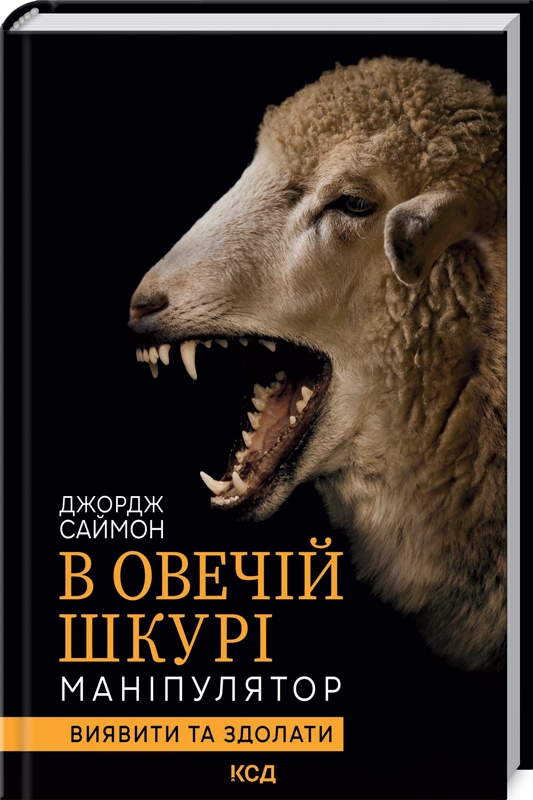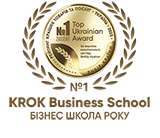A selection of books by Oksana Siedashova, Ph.D., Associate Professor of the Department of Management and Innovative Development at KROK Business School, business trainer, lecturer of several MBA programs, Master of Mediation and Conflict Resolution, Master of Project and Process Management at KROK Business School.
Books about communication, manipulation, interaction with toxic individuals, and effective interaction resulting from better awareness in the field of human relationships.
How to protect yourself from stress caused by toxicity and manipulation by interlocutors – at home, at work, in business, in relationships? Learn to recognize manipulators and toxic people and know how to behave in difficult communicative situations, protecting yourself from the influence of manipulations. Sometimes we cannot influence circumstances, but we can definitely influence our perception of situations, our reactions, and behavior. To learn how to do this, read useful literature.

George Simon “In Sheep’s Clothing: Understanding and Dealing with Manipulative People”
George Simon’s book is a true guide to the world of manipulation. Simon, an experienced psychologist, focuses on identifying and understanding toxic behavioral patterns, allowing readers to recognize manipulators in their environment. The author shares practical tools for detecting manipulations, emphasizing the importance of emotional awareness and self-protection. The book is not only informative but also inspires readers to become more confident in their decisions and interactions. It is a must-read for those who seek to understand the dynamics of relationships in business and life.

Shahida Arabi “How to Survive Among Toxic People?”
Shahida Arabi offers readers an in-depth understanding of interacting with toxic individuals. The book contains numerous practical tips that will help not only endure but also successfully interact with such people. Arabi focuses on developing emotional resilience and stress management strategies, which are extremely important in a business environment where competition and pressure can become sources of conflict. Her approach allows readers not only to identify toxic people but also to find ways to interact effectively with them.
Both books are valuable resources for entrepreneurs, managers, and anyone who wants to improve their communication skills and become more knowledgeable in relationships with people. We recommend reading them!
If you not only want to know more about manipulation and the psychology of difficult communicators but also to develop strong communication skills with such people and influence them, we invite you to join the Master’s program “Mediation and Conflict Resolution” and the certificate program “Basic Mediator Skills.”






















